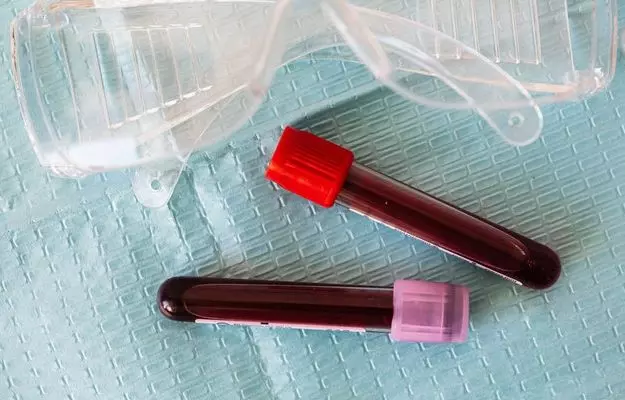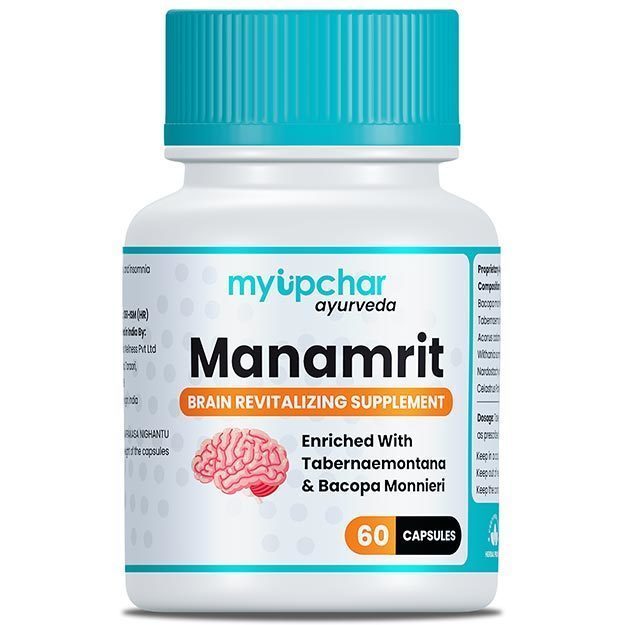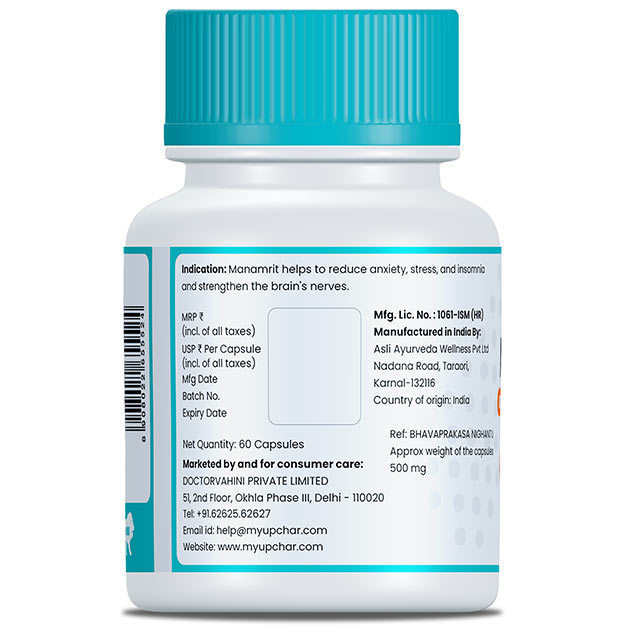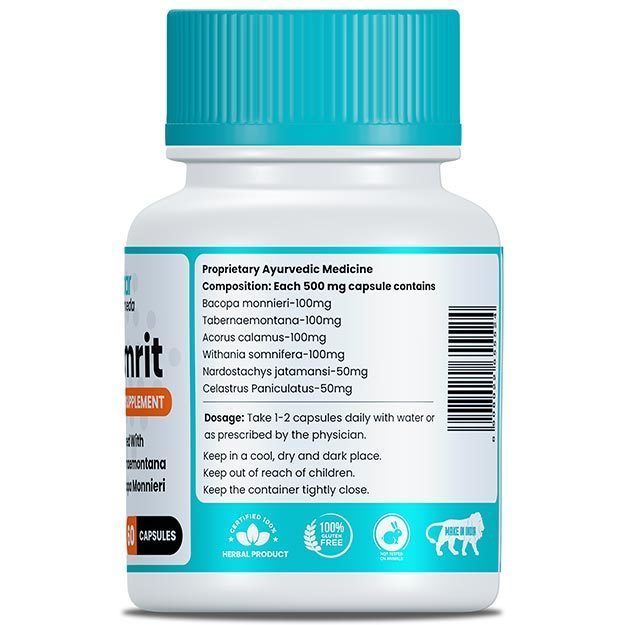Researchers at the Washington University School of Medicine, US, and Lund University, Sweden, have separately worked on a blood test that can detect Alzheimer’s disease about 20 years before irreversible symptoms like memory and cognition problems set in.
The test is not yet available to the public, but the researchers say it will be less invasive than a spinal fluid test and less expensive than a PET scan—the two most widely used tests for the diagnosis of Alzheimer's.
PET scan or positron emission tomography is an imaging technique that uses radioactive materials as a dye. One brain scan can cost up to Rs10,000 in India. In the cerebral spinal fluid test, a small amount of fluid is extracted from around the spine to check for the presence of specific chemicals. For the diagnosis of Alzheimer’s, both these techniques look for the build-ups of proteins—beta-amyloids and tau—in the brain.
The new test also looks for tau proteins, specifically p-tau217. But it is said to be so sensitive that it can pick up the presence of p-tau217 protein, linked with Alzheimer’s, from just 4 millilitres of blood. Indeed, the research team at Lund University found that people with Alzheimer’s have seven times the amount of p-tau217 protein in their body compared with people who don’t have Alzheimer’s.
Alzheimer’s accounts for 60-70% of all dementia cases in the world. That is, 30-35 million people worldwide suffer from this condition that slowly impairs the memory and brain function. Alzheimer’s doesn’t have a cure yet but there is a management protocol to slow down the build-up of protein plaque (beta-amyloid) and protein tangles (tau proteins) in the brain that causes the symptoms of Alzheimer’s.
If rolled out successfully, the new blood test for p-tau217 could solve one of the biggest challenges for medical practitioners working with Alzheimer’s patients today: detecting Alzheimer’s early enough to be able to reverse—or at least arrest—some of its effects.
This test has yet to undergo many rounds of trials before it can be available to the general public. But the researchers are hopeful that it will soon be able to identify people in the early stages of the disease, to participate in drug trials.


























